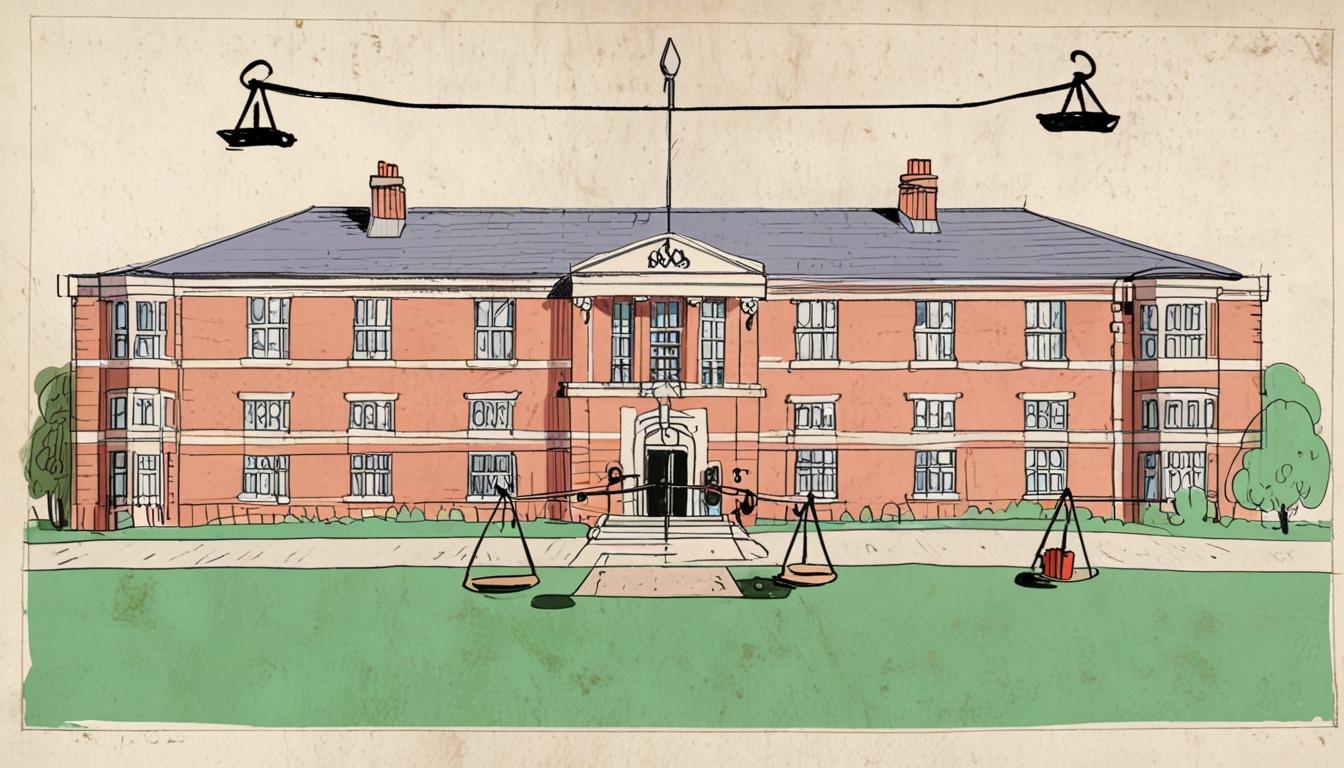The UK government, under Prime Minister Keir Starmer, is set to implement a significant overhaul of immigration policy that many view as a regressive step for the nation, aiming to drastically reduce net migration figures. Starmer's recent announcement outlines plans to cut net migration by around 100,000 annually, marking a stark and troubling shift from the Labour Party’s historical openness to migrants.
At the heart of these reforms are strict new residency requirements that will extend the wait for citizenship from five to ten years. This initiative also includes the planned cessation of recruitment for foreign care workers by 2028, alongside a shocking 32% increase in immigration skills charges that will burden employers hiring overseas talent. Furthermore, the post-graduation work period for international students will be reduced from two years to a mere 18 months, paired with heightened English language requirements for visa applicants and their dependents. This extensive policy shift is laid out in a government white paper, clearly signaling a punitive departure from the progressive immigration landscape many had hoped for after Brexit.
These measures are an apparent capitulation to rising discontent from the right, particularly from opposition parties advocating for a more pragmatic stance on immigration. Starmer's initiatives seem to be a direct response to the electoral success of those opposing the traditional Labour narrative, and the implications could be severe. While these reforms are marketed as a response to public concerns, they risk alienating a significant segment of the population that recognizes the economic contributions of migrants, particularly in sectors struggling with labor shortages.
Critics of these retrogressive reforms comprise business leaders and advocates from health and education, who argue that such restrictive measures will only deepen existing labor shortages. The elimination of routes like the care visa and stringent restrictions on lower-skilled worker visas threaten to undermine service delivery in sectors that heavily rely on migrant labor. As the UK faces an ageing population amid a tightened labor market, calls for migration limitations evoke a dangerous mix of political opportunism and economic short-sightedness.
Economists warn that the belief that slashing migration will boost economic vitality is fundamentally flawed. While the government projects a significant reduction in migration, many experts argue that the nation's economic woes are tied more closely to the ramifications of Brexit and rising energy costs than to immigration figures alone.
Starmer’s actions signal a substantial shift in Labour’s position, yet raise troubling questions about the sustainability of such policies in the long run. The current socio-economic climate challenges the effectiveness of draconian measures, suggesting that limiting migration may not be a sound economic strategy, especially as the demand for health and welfare services grows more acute.
As this government presses ahead with these divisive plans, the potential backlash from the public and the broader economic fallout remains unclear. The dual challenge of appeasing public sentiment while ensuring a sufficient labor supply in critical industries highlights a fraught path for the Starmer administration. The trajectory of immigration policy not only impacts the nation's demographic landscape but also its future economic stability.
This shift towards a hardline immigration stance by the Labour Party illustrates a perilous balancing act, attempting to placate rising populist sentiments while grappling with the undeniable realities of dependency on migrant contributions. The question remains: is the government truly serving the best interests of the UK, or merely succumbing to an outdated and reactionary narrative that jeopardizes economic resilience?
Source: Noah Wire Services
